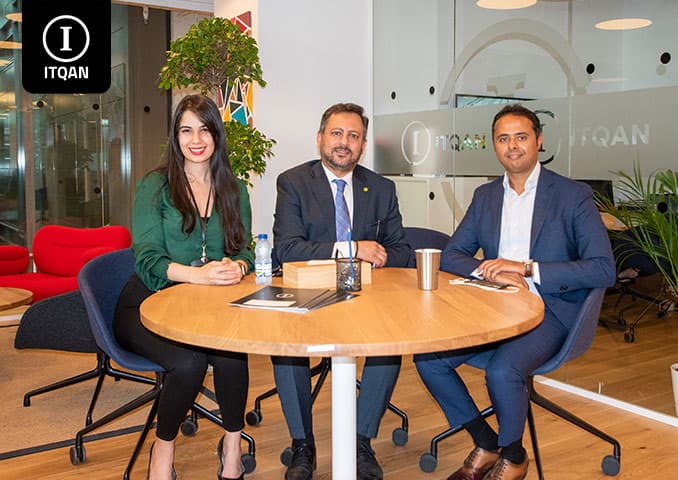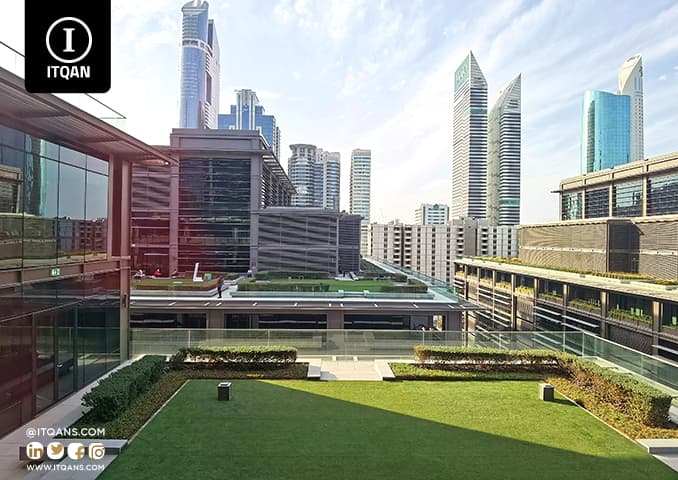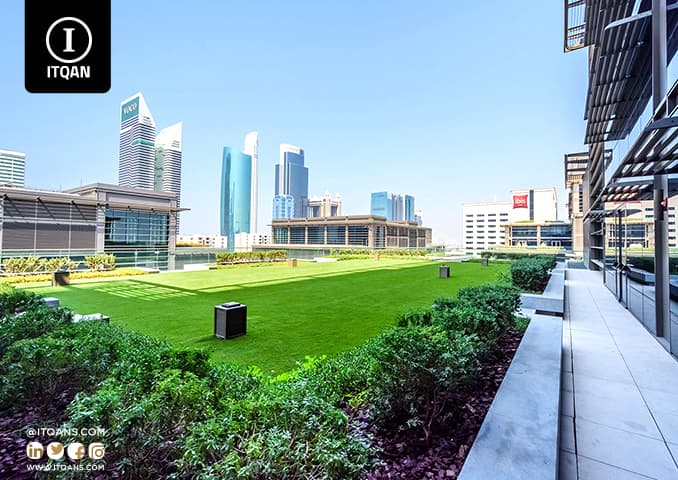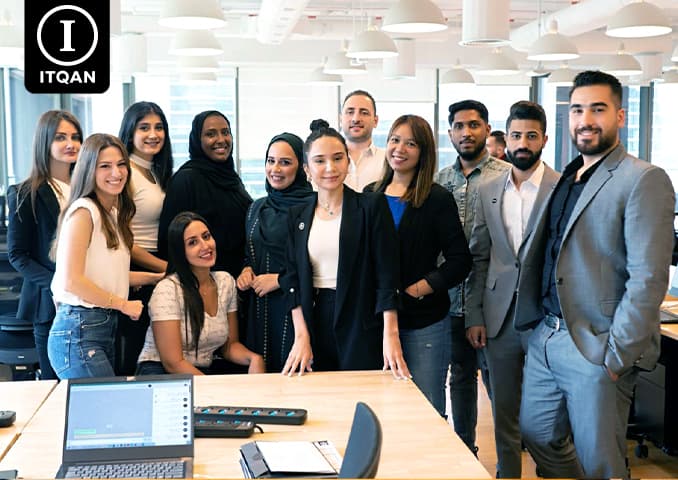Dubai is a leading investment destination worldwide, attracting investors from all over the world thanks to its thriving economy and advanced infrastructure. The emirate is keen to provide an ideal investment environment that complies with the highest international standards, which enhances the opportunities for success and growth for investors in all sectors. One of the most important factors that contributed to making Dubai a preferred investment destination is the presence of investment laws in Dubai that guarantee the rights of investors and provide a clear and transparent legal framework that helps facilitate business and stimulate investment.
Dubai’s investment laws are flexible and suit the needs of local and international investors, as they provide them with multiple incentives such as 100% foreign ownership in many free zones, in addition to attractive tax exemptions including income and profit tax. These laws encourage small, medium and large companies to establish their businesses in Dubai with ease, as registration and licensing procedures are greatly facilitated, making the investment environment in Dubai attractive and accessible.
Dubai’s investment laws also ensure comprehensive protection of intellectual property rights and support innovation and technology, which enhances the ability of investors to achieve high financial returns in various sectors such as trade, tourism, real estate, technology, and industry. In addition, these laws contribute to enhancing transparency and legal stability, which reassures investors and encourages them to take bold steps to invest in Dubai with complete confidence.
In short, Dubai’s investment laws are among the most prominent incentives that ensure the success of investors and provide an ideal business environment, making Dubai a global economic center that provides promising investment opportunities in various fields.

جدول المحتوى
ToggleConditions for investing in Dubai
Investing in Dubai is attractive to many investors due to the thriving economic environment and the facilities provided by the government. Here are some general conditions for investing in Dubai:
Company type: You must specify the type of company you intend to invest in, such as a limited liability company (LLC), a sole proprietorship, a joint stock company, or others.
Basic capital: The required basic capital varies depending on the type of activity and the type of company you wish to establish.
Licenses and permits: You must obtain the necessary licenses and permits from the relevant authorities depending on the company’s activity.
Foreign ownership: In some sectors, there may be restrictions on foreign ownership, so make sure to comply with these laws.
Local partnerships: In some cases, local partnerships may be necessary, depending on the type of company and activity.
Local employment: There may be requirements to employ a certain number of local workers, especially in some sectors.
Tax compliance: You must comply with local tax laws and submit the required tax reports.
Compliance with laws and regulations: You must comply with all local laws, regulations and regulations related to investing in Dubai.
Visas and Residency: Ensure that you and any potential employees are committed to the appropriate visas and residency.
Financial Reports: There may be requirements to submit periodic financial reports.
Investment Areas in Dubai
Investment areas in Dubai are diverse and cover many economic sectors, making the emirate an ideal destination for investors looking for diverse investment opportunities. Thanks to its advanced infrastructure and encouraging government policies, Dubai provides an attractive environment for entrepreneurs and investors. Here are the most prominent investment areas in Dubai:
Real Estate: The real estate sector is one of the most thriving sectors in Dubai. This sector includes investment in residential, commercial and hotel properties, in addition to major projects such as residential complexes and commercial offices. Given the population growth and increasing demand for real estate, investing in real estate is a profitable option in the long term.
Trade: Dubai is a global trade hub thanks to its strategic location linking the markets of Asia, Africa and Europe. The trade sector provides great opportunities for investment in areas such as export and import, especially in free zones such as “Jebel Ali” that offer incentives and facilities to investors.
Tourism and Hospitality: Dubai is a global tourist destination that attracts millions of visitors annually, making the tourism and hospitality sector a promising area for investment. This includes investing in hotels, restaurants, entertainment centers, and major tourism projects such as theme parks and shopping malls.
Technology and Innovation: Dubai aims to become a global hub for technology and innovation. This area offers investment opportunities in startups, software development, financial technology (Fintech), artificial intelligence, and blockchain. Technology zones such as Dubai Internet City provide a fertile environment for technology companies.
Renewable Energy: Dubai is focusing on developing clean and renewable energy projects as part of its sustainability plan. Investors can take advantage of opportunities in solar energy, wind energy, and water desalination projects, especially in the Mohammed bin Rashid Solar Park.
Healthcare and Education: Healthcare and education are among the key sectors with rapid growth in Dubai. Investing in hospitals, clinics, and educational institutions provides long-term opportunities, especially with the increasing demand for high-quality health and education services.
Logistics and Transportation: Thanks to its strategic location and advanced air and sea ports, Dubai is considered a global logistics hub. Investment in this sector includes establishing distribution centers, shipping and logistics companies, as well as transportation infrastructure. Manufacturing industries: Dubai offers investment opportunities in manufacturing industries, especially in free zones that offer tax and customs facilities. These industries include food, pharmaceuticals, building materials, and plastic products.
Investment Laws in Dubai
In Dubai, there are several laws and regulations that govern investment processes to ensure transparency and economic stability. Here are some of the main laws related to investing in Dubai:
Companies Law: This law defines how companies are established and operated in Dubai, including requirements related to capital and licenses.
Labor Law: Dubai’s labor laws regulate the relationship between employers and workers, including national and international standards for workers’ rights.
Real Estate Law: This law sets out the regulations and laws related to investing in real estate, including the terms of real estate ownership and rents.
Tax Laws: Dubai’s tax laws govern the submission of financial reports and payment of taxes required by the government.
Foreign Ownership Policies: Foreign ownership policies set out the restrictions and conditions related to foreign ownership of assets in Dubai.
Consumer Protection Laws: These laws provide protection for consumers and set out the standards and procedures that must be followed in business operations.
Human Rights Laws: These laws aim to protect human rights and ensure equality and justice in the field of work and investment.
Environment, Health and Safety Policies: These policies set out the environmental standards and health and safety requirements that must be followed in businesses.
Corruption and bribery laws: These laws prohibit corruption and bribery in business operations and impose penalties on violators.
Integrity and transparency laws: These laws promote integrity and transparency in business and encourage transparent reporting and accountability.
In conclusion, Dubai’s investment laws are a key factor in making the emirate an attractive destination for investors from all over the world. With an advanced and flexible legislative environment, investors in Dubai find a legal framework that provides them with security and protection, which encourages business development and attracts capital. Dubai’s investment laws have directly contributed to enhancing trust between investors and the government, as these laws guarantee the rights of investors and provide them with great facilities in establishing and operating their projects without complex bureaucratic complications.
It is worth noting that Dubai’s investment laws cover a wide range of sectors, from real estate and trade to technology and innovation. They also provide many incentives to investors, such as tax exemptions and full ownership of companies in free zones, making Dubai an ideal environment for establishing businesses. In addition, the government is keen to update Dubai’s investment laws periodically to ensure they keep pace with global economic developments and attract more investments.
In the long run, Dubai’s investment laws contribute to strengthening the emirate’s position as a global financial center that facilitates access to regional and international markets. Thanks to these advanced laws and advanced infrastructure, Dubai remains one of the most prominent investment destinations in the world, making it an ideal choice for investors looking for promising investment opportunities in a stable and secure environment.
In short, compliance and adaptation to Dubai’s investment laws is key to success in achieving sustainable returns and ensuring sustainable and prosperous growth of projects.
The most important frequently asked questions about Dubai’s investment laws
Can foreigners invest in Dubai?
Yes, foreigners are allowed to invest in Dubai. Foreign investors can own up to 100% of companies in free zones, while investing in onshore areas requires a local partner who owns 51% of the shares.
What types of licenses are required to invest in Dubai?
Business activities in Dubai require obtaining different licenses such as commercial, industrial, and service licenses, depending on the type of activity. Investors must apply to the relevant authorities to obtain the appropriate license.
What tax exemptions are available to investors?
Dubai offers significant tax exemptions in its free zones, where companies are exempt from income tax on profits for up to 50 years. There are also no taxes on profits or personal taxes, making it an attractive investment destination.
What sectors are allowed to invest in?
Investment is permitted in most sectors, including real estate, trade, technology, tourism, healthcare, and renewable energy. Some sectors may require special licenses or compliance with certain conditions.
Is there government support for new investors?
Yes, the Dubai government offers a number of initiatives and incentives to support new investors, including mentoring programs, financing support, and tax exemptions. Free zones also offer special facilities for investors.

















